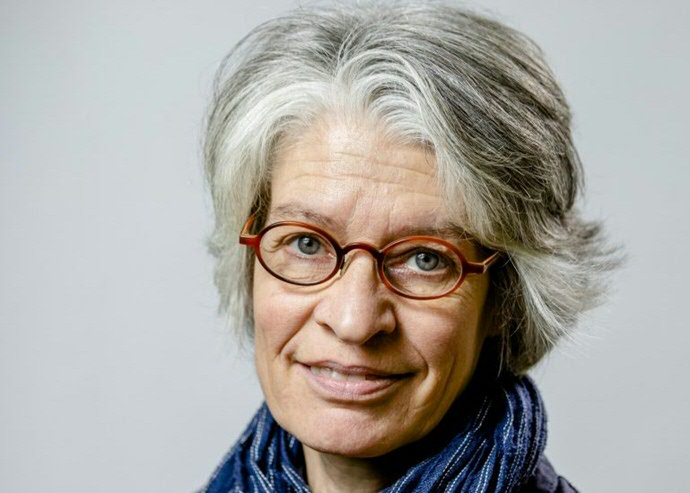Generations and Gender Programme included in ESFRI Roadmap 2021

The Generations and Gender Programme (GGP) is officially recognized as an important research infrastructure. On December 7 it was announced that the programme is one of the eleven projects that will be included in the ESFRI roadmap 2021. GGP director Anne Gauthier: “This is great news for the social sciences!”
Generations and Gender Programme
In short, the Generations and Gender Programme (GGP) is a research infrastructure which contains data on demographic events such as marriage, divorce, and having children. The data are open-access and are collected in more than thirty countries. About 4,000 researchers worldwide have already used the GGP infrastructure.
Great news for social sciences
On December 7, 2021 it was announced that the GGP is one of the eleven projects that after a thorough evaluation and selection procedure will be included in the European Strategy Forum on Research Infrastructures (ESFRI) Roadmap 2021. Prominent initiatives such as the European Social Survey (ESS) and Survey of Health, Ageing and Retirement in Europe (SHARE) were included in previous editions of the roadmap.
According to GGP director Anne Gauthier − who is an honorary professor at the sociology department at the University of Groningen − the inclusion of the GGP in the roadmap is great news for the social sciences. “In 2018 not a single social science project made it to the road map, but this year two projects were included: the GGP and a project focused on children (ed. Growing Up in Digital Europe: EuroCohort - GUIDE). If you combine the research infrastructures of this project on children, GGP, and SHARE you can cover the whole lifespan of individuals, which is great.”
Testing theories
In the near future the GGP team plans to collect data in even more countries. Initially, the data were collected in European countries only, but the programme is slowly expanding globally. Gauthier: “We just started a data-collection in Uruguay and completed a pilot in Hong Kong. Collecting data in these countries allows us to test theories that are often developed with a European frame of mind in a totally different context. I find that very exciting!”
Collaboration with NIDI
In addition to being an honorary professor at the sociology department, Gauthier also works as a senior researcher at Netherlands Interdisciplinary Demographic Institute (NIDI). The Faculty of Behavioural and Social Sciences closely collaborates with NIDI. Besides Gauthier, NIDI researche Matthijs Kalmijn was in 2020 appointed as honorary professor at the sociology department. Moreover, researchers from the faculty and NIDI work together in the research group Family, Lifecourse, and Ageing Group (FLAG) and NIDI offers internships for interested students.
Want to read more?
-
Generations and Gender Programme: https://www.ggp-i.org/
-
ESFRI Roadmap 2021: https://www.esfri.eu/esfri-roadmap-2021
-
NIDI: https://nidi.nl/en/
-
Researcher Gert Stulp on the FLAG research group: https://www.youtube.com/watch?v=yU3zFjiWOUA
More news
-
20 January 2026
Alcohol, texting, and e-bikes
-
13 January 2026
Lonneke Lenferink joins The Young Academy
-
08 December 2025
Citizen participation essential for a sustainable energy future


